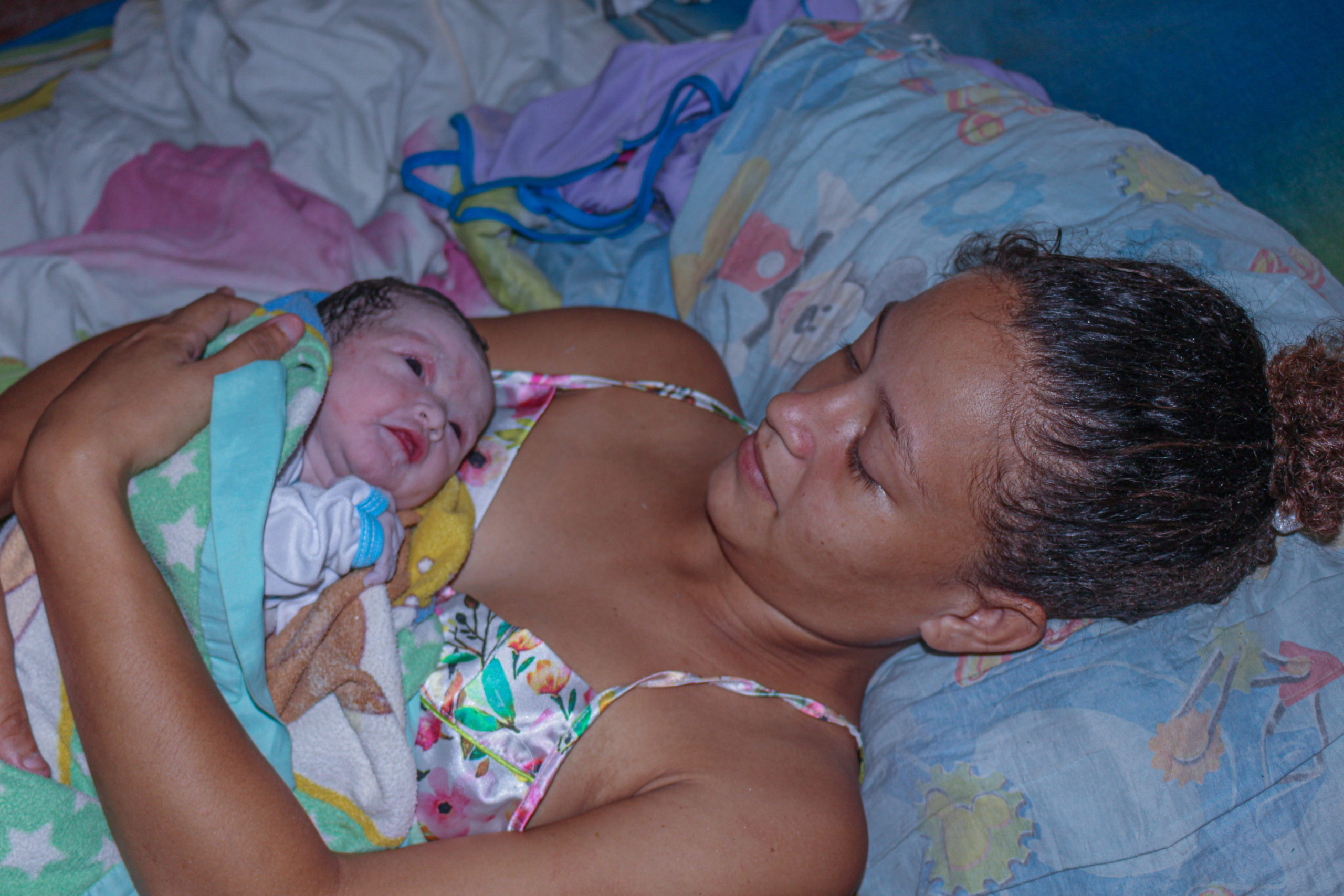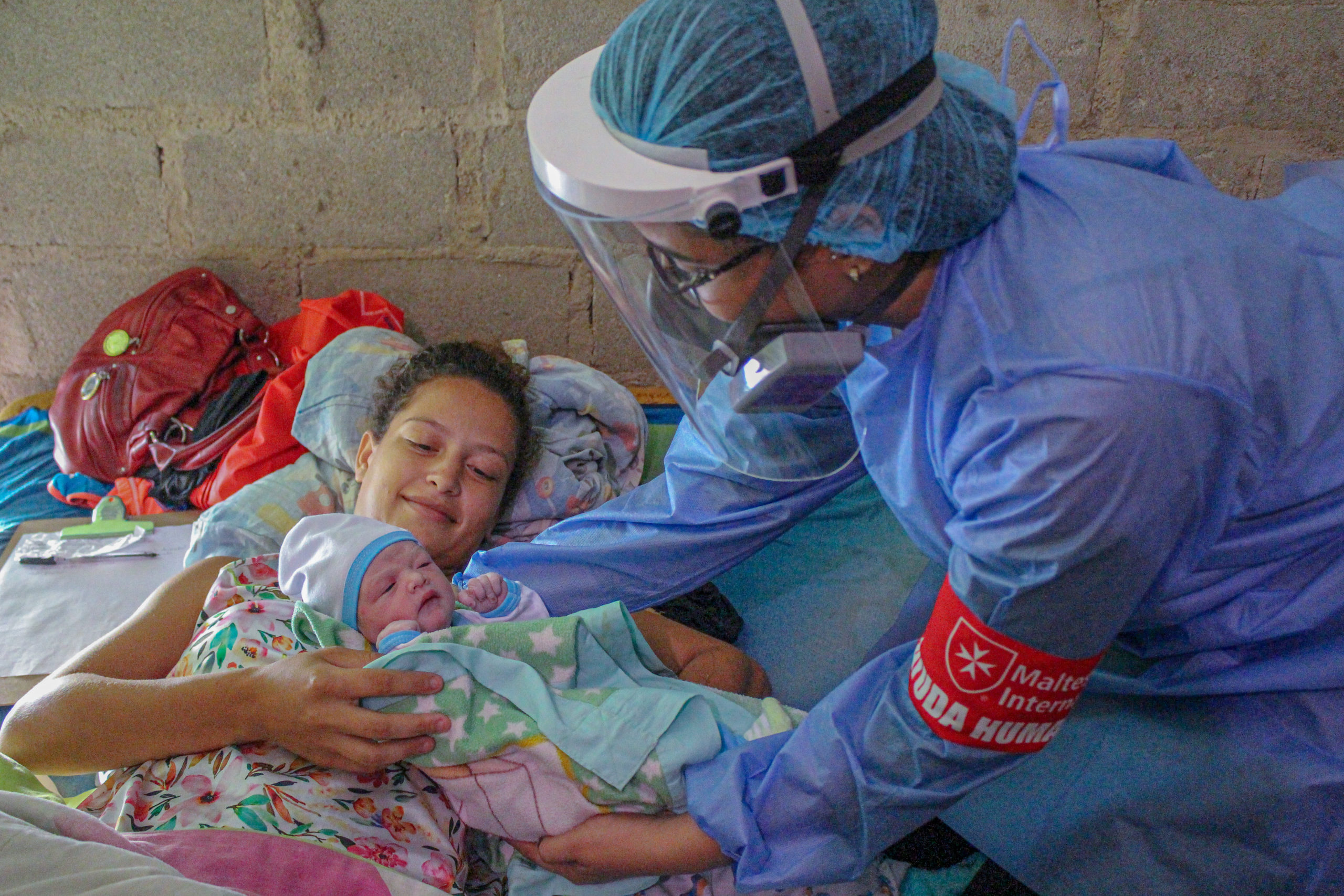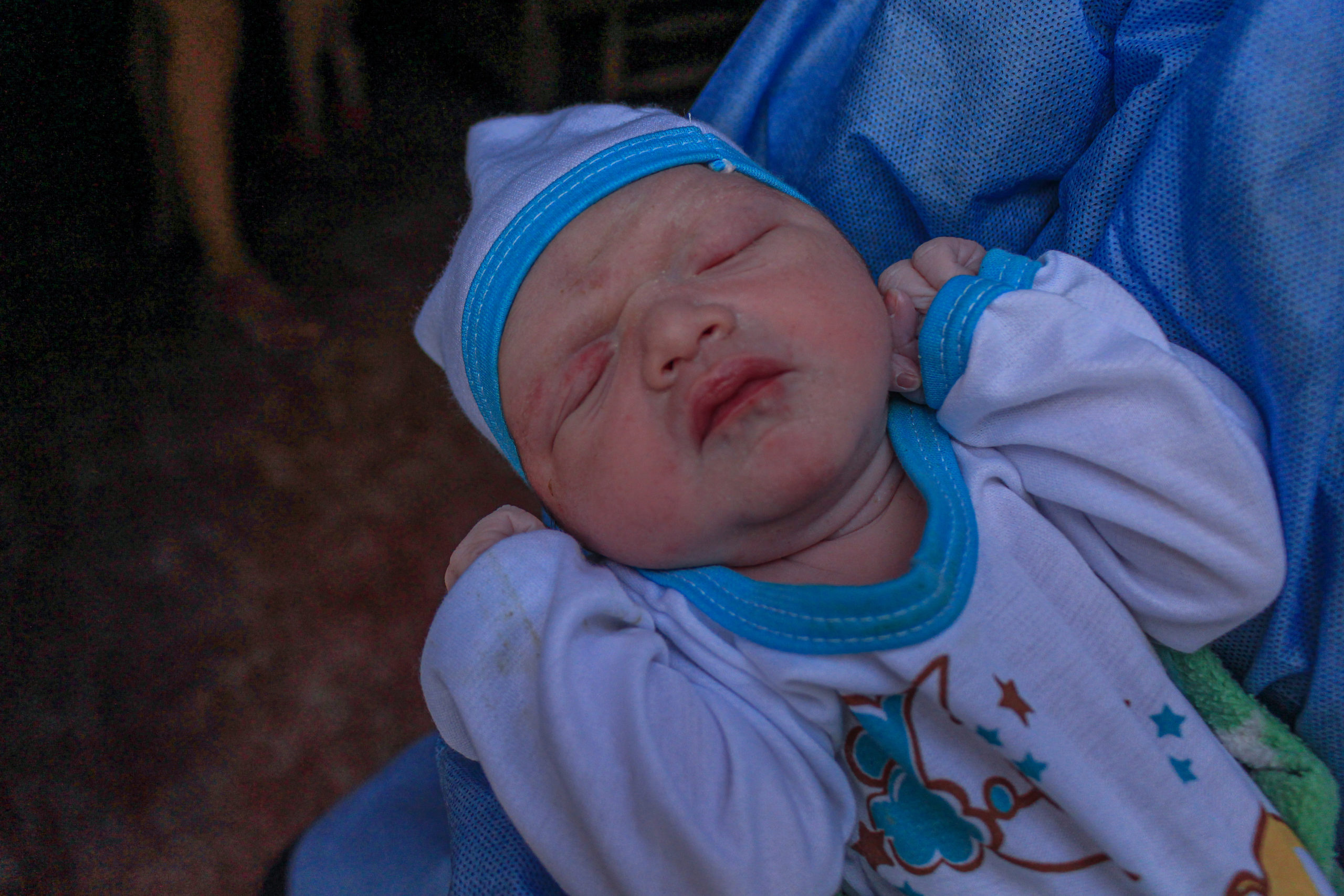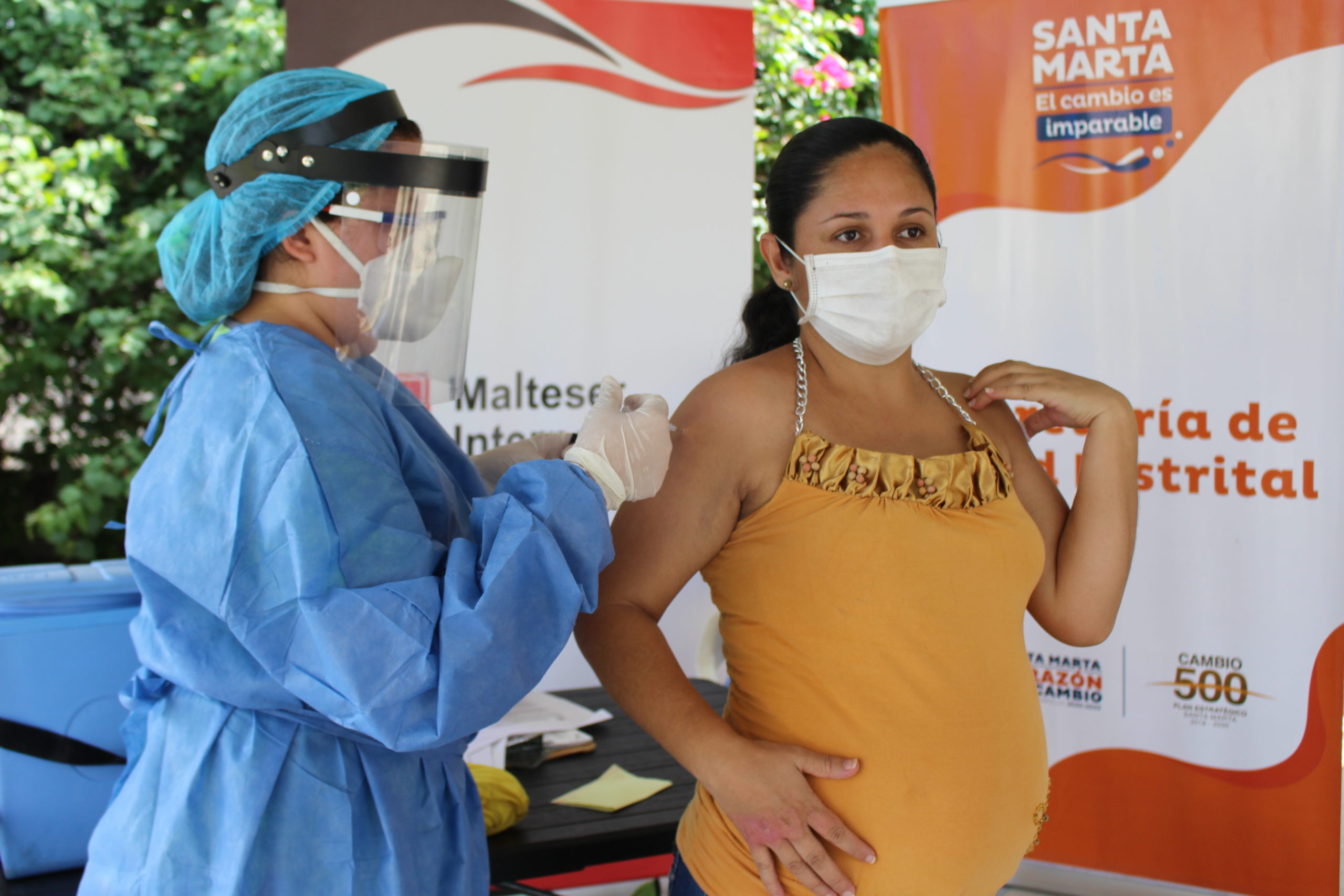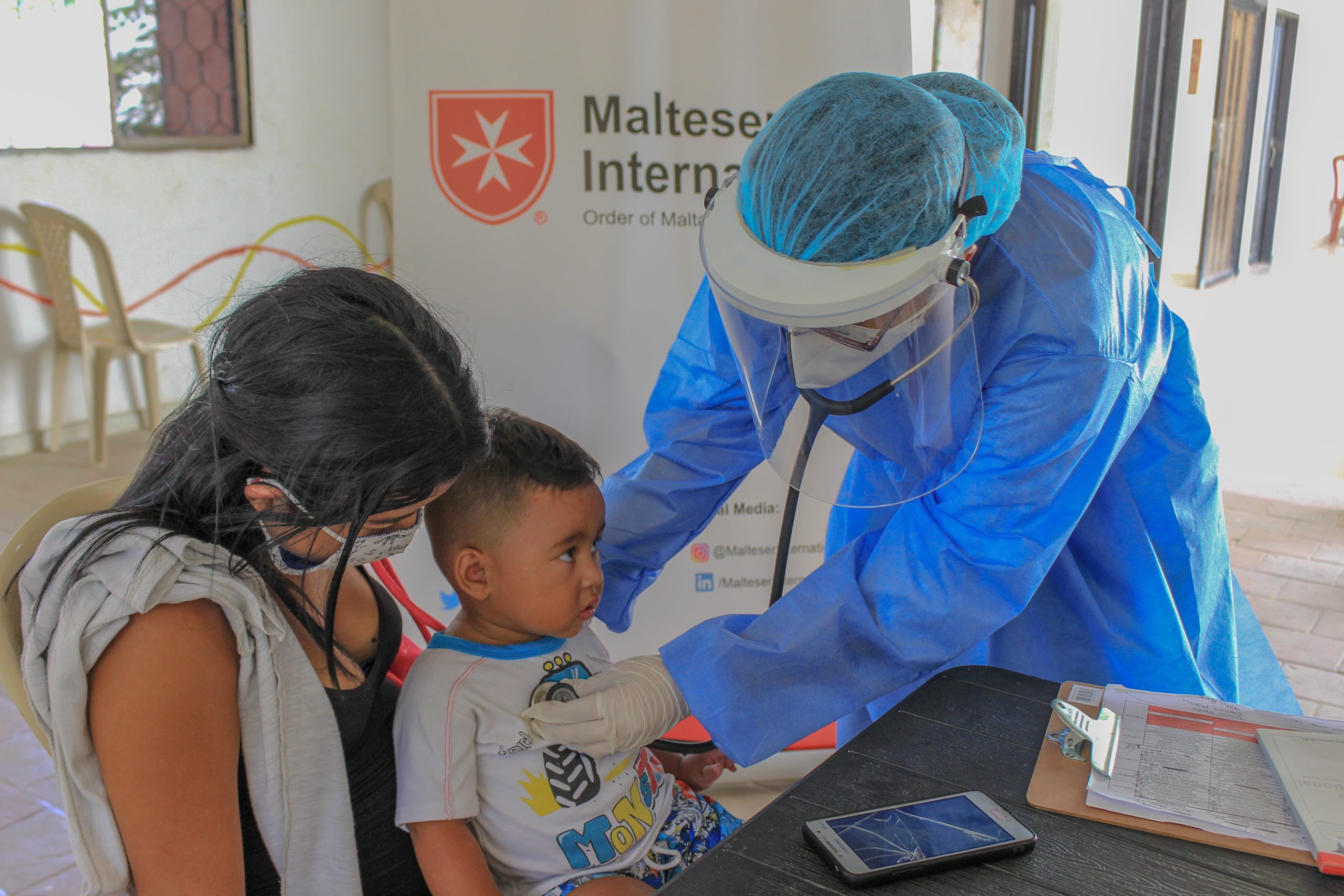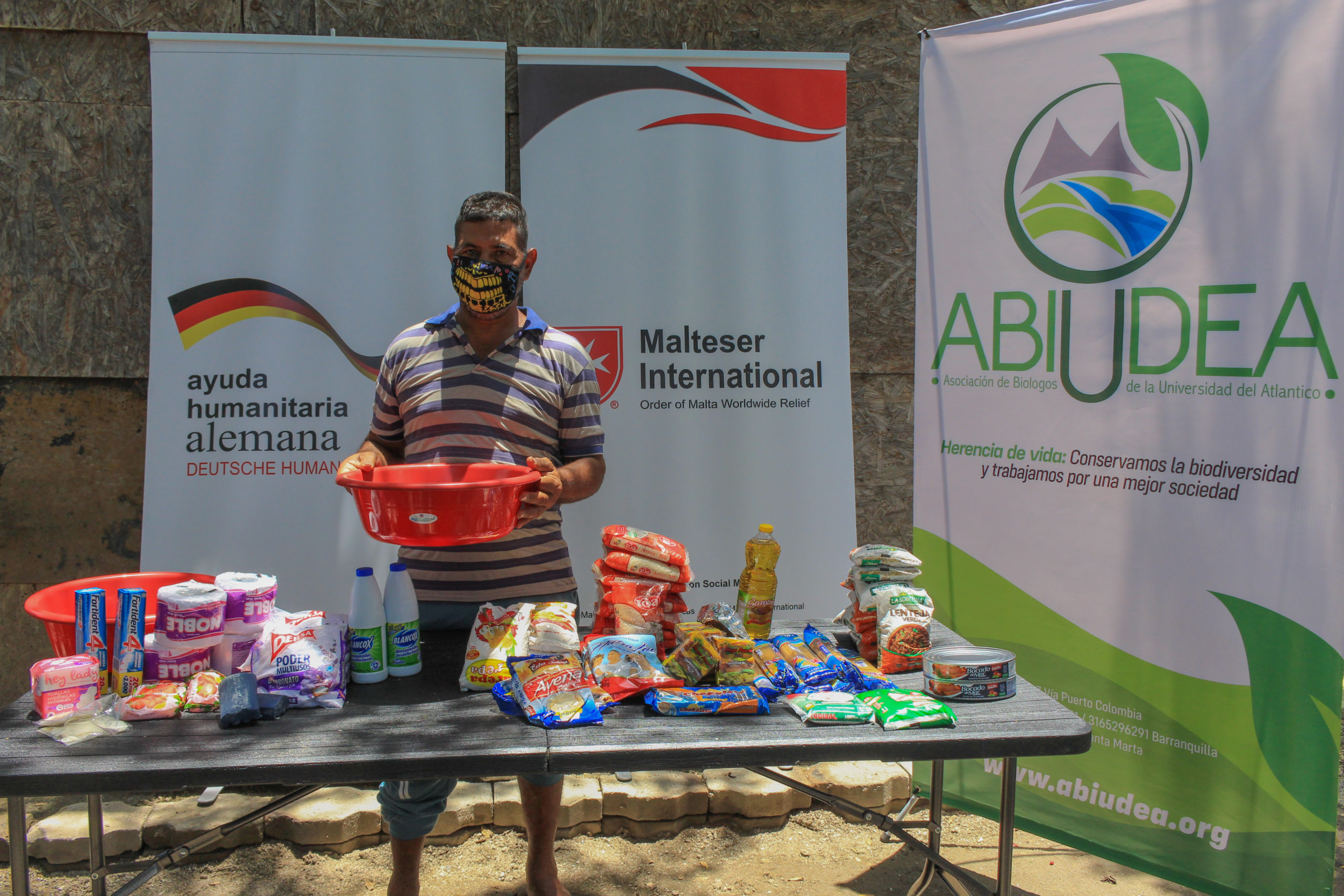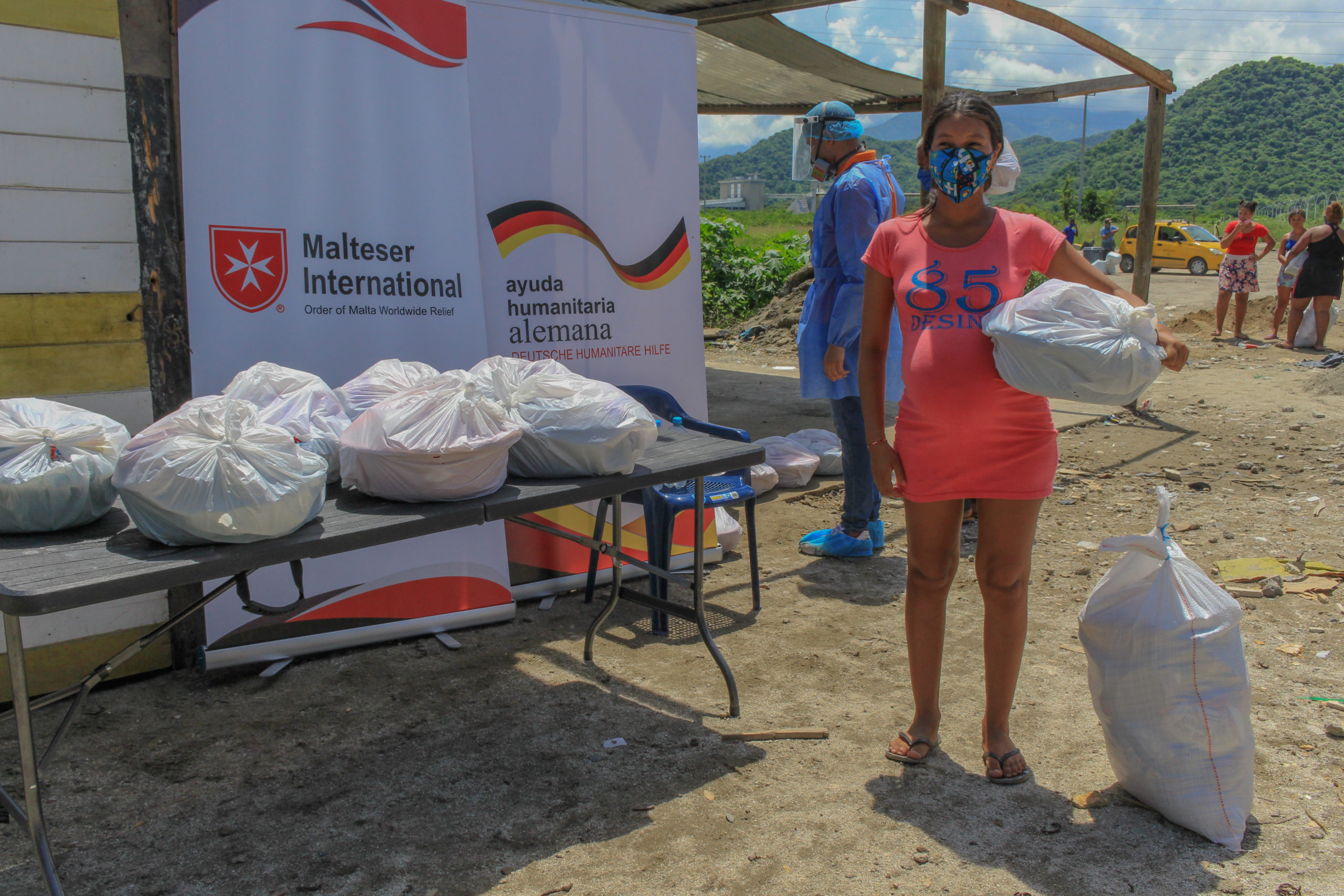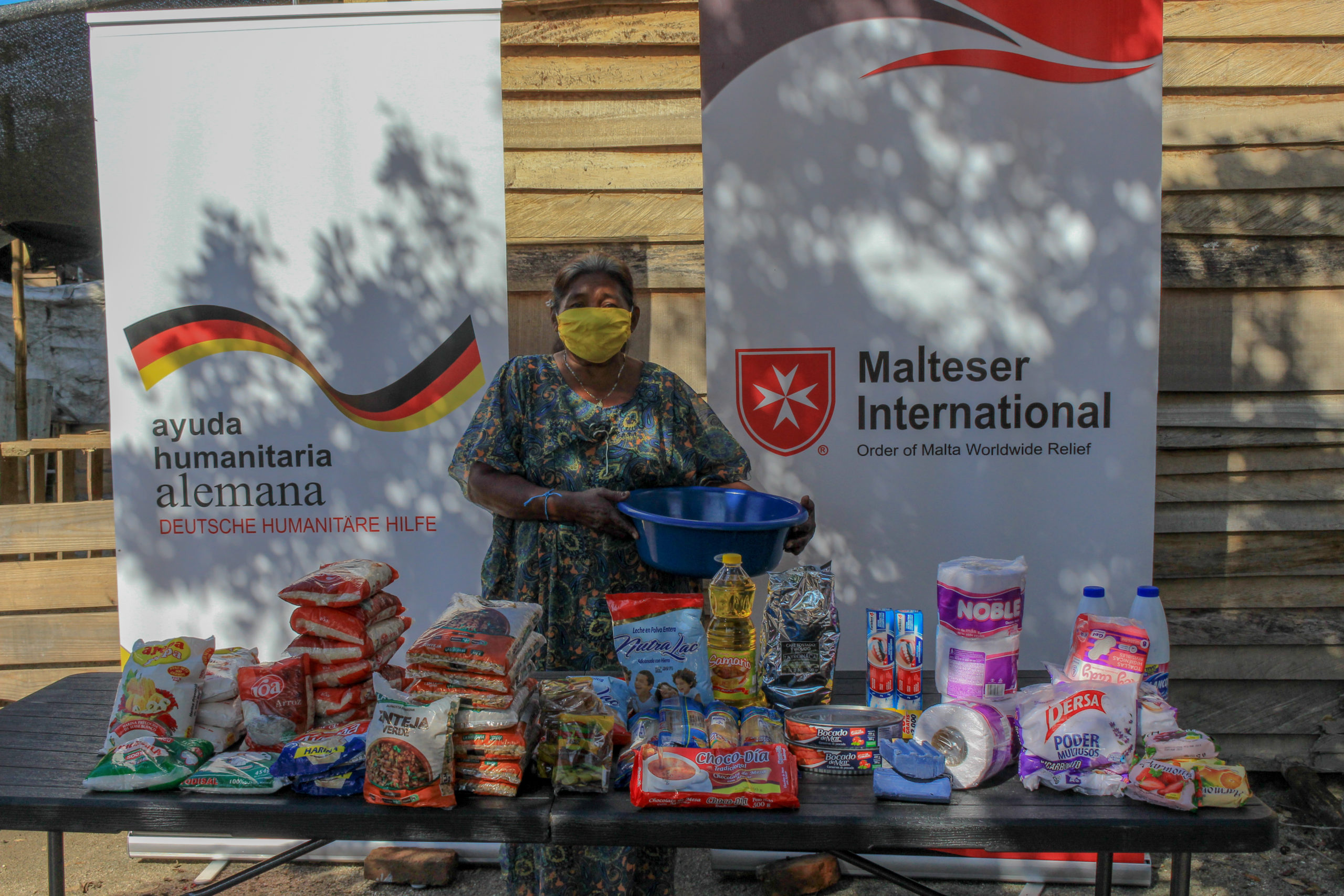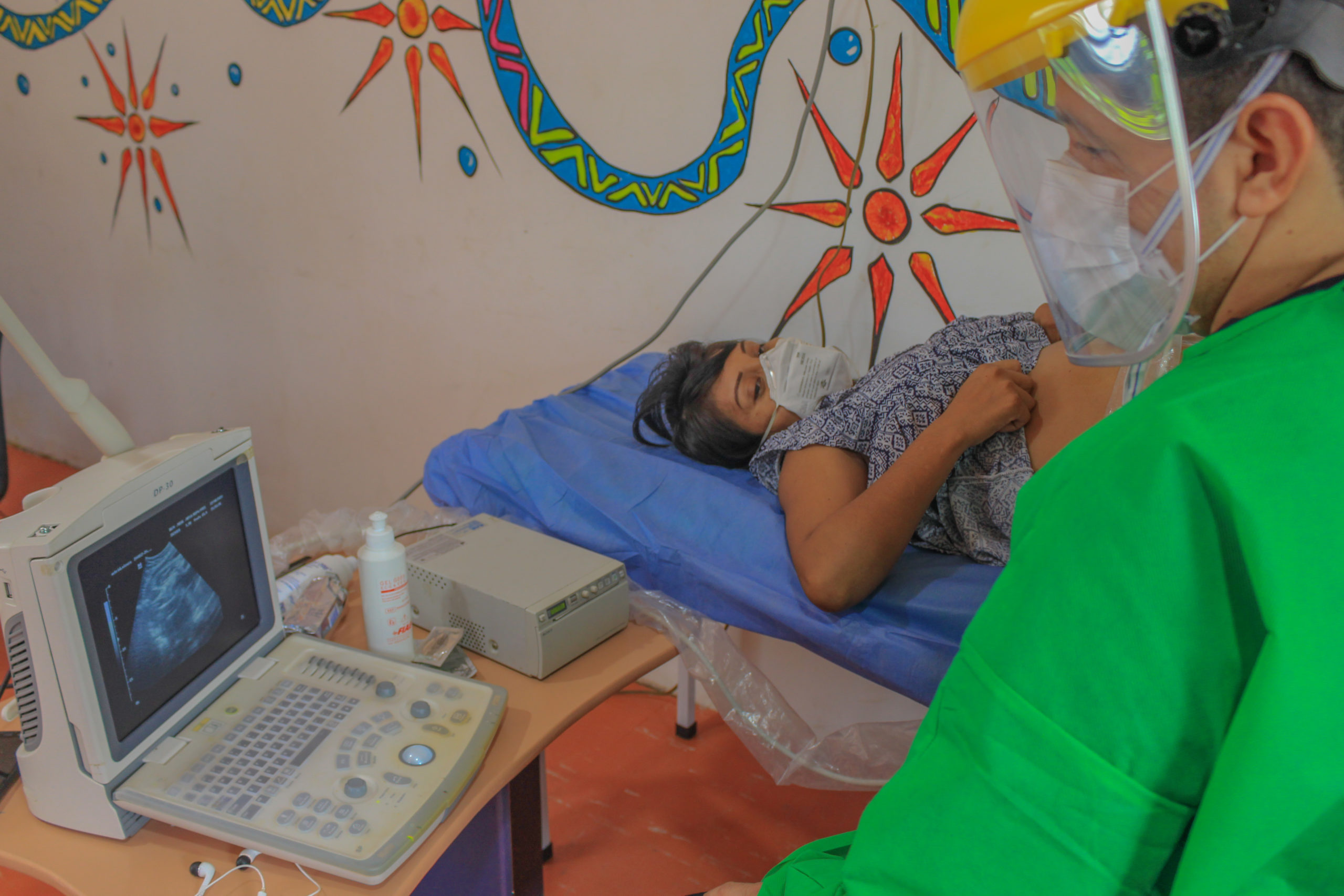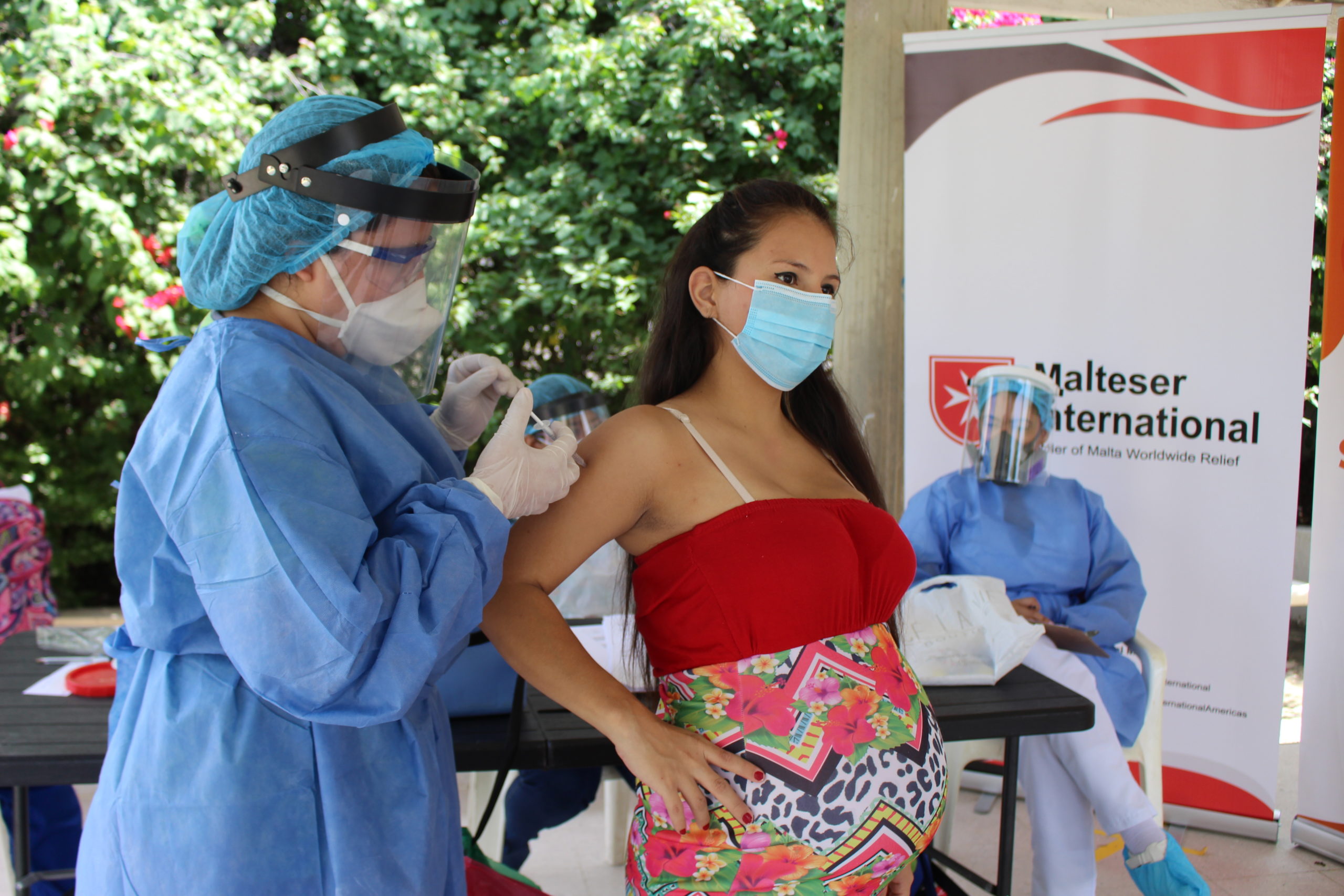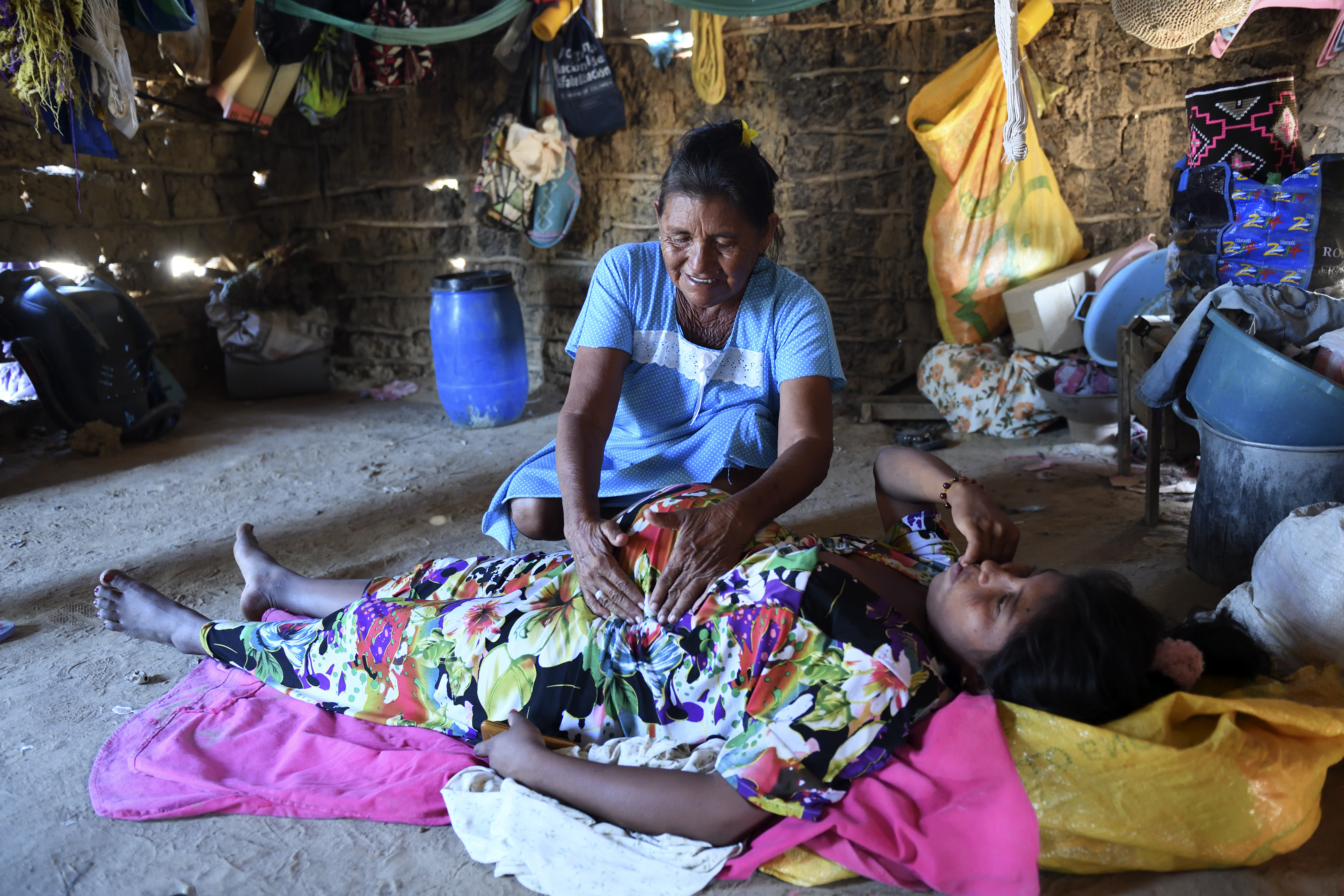Colombia: Life-Saving Maternal Care for Venezuelan Migrants
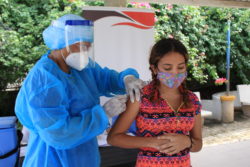 Why MI Americas is here:
Why MI Americas is here:
Maternal and mental care is vital for pregnant women in some of Colombia’s most underserved areas. In Santa Marta and Riohacha, in the north, many migrant pregnant women lack access to basic pre-natal care such as ultra-sounds and vitamins, as well as post-natal care such as vaccinations and registration for the newborn. Additionally, access to a quality, nutritious diet is always a concern for women and families who often make difficult journeys in order to give birth.
Covid-19 has drastically impacted the communities in which we work. We’ve seen the demand for mental health support increase, with the most urgent need in the areas of: self-esteem, reducing stress and anxiety in social isolation, and increasing resilience. The pregnant women in the program are all in vulnerable situations due to their immigration status, most of them carrying very high-risk pregnancies. Many migrant women return home immediately after having their babies.
Brief program info:
Between January and August 2020:
- 2,096 consultations at the medical centers in Riohacha and Santa Marta (on-site)
-
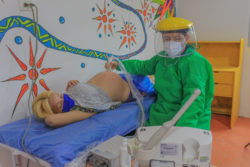
A pregnant woman gets an ultrasound at our clinic in Santa Marta, Colombia. 5,405 medical consultations in rural and suburban/inter-city areas (mobile)
- As a requirement to adapting to Covid-19 safety measures, 29 mobile brigades were dispatched to suburban/inter-city areas in order to continue patient care
- 1,849 mental health consultations
- 341 newly enrolled pregnant women in prenatal program
- 800 enrolled women, to date
- 295 pregnant women gave birth
- 89 newborns provided with postnatal care
- 1,025 families received non-food items
- 1,000 families received emergency food distribution for 1 month
- 400 families received direct mental health care focusing on social skills, educational workshops for the prevention and care to avoid contamination with Covid-19
Zuleidys’ Story:
At 9am on September 25th, Zuleidys, a Venezuelan migrant now living in Colombia’s underserved Milagros 2 neighborhood, unexpectedly went into labor with her second child. In shock, Zuleidys’ neighbors ran to the one place they knew they could get safe and reliable care: Malteser International Americas’ (MI Americas) Santa Marta mobile medical brigade.
Our MI Americas team, going about their daily appointments in general medicine and prenatal care, listened to Zuleidys’ concerned neighbors and immediately knew what to do. Proceeding with caution and accompanied by their medical and psycho-social professionals, they approached the house where Zuleidys was giving birth.
While we’ve implemented major safety protocols as a result of the COVID-19 pandemic, we have never lost sight of the needs of our beneficiaries: there is no one-size-fits-all approach. In Zuleidys’ case, our first concern was moving her to our medical facilities, but Zuleidys wanted to remain at her mother’s house, and the baby was coming imminently. Even though the zinc-tiled house was in poor condition, this was where Zuleidys felt safe. Acting quickly, our team on the ground respected her wishes, and without any complications, delivered Thiannys, a healthy baby boy. Later, our team followed up with post-natal care through registration for the newborn.
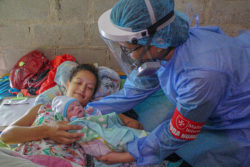
Adapting to COVID-19 has made us laser-focused on directly reaching our beneficiaries, ensuring the safe continuity of our interventions in medical, psychological, and prenatal care. Our attention to these communities – a majority of which are composed of Venezuelan migrants, often lacking access to basic healthcare – has enabled us to be on the front lines of their health and medical needs.
Assisting to Thiannys’ birth comes full circle for MI Americas. Our emergency intervention proves that our community-based care approach is not only effective, it is essential in the context of the current public health crisis.
Learn More About Our Programs in Colombia
See more about how we provide relief in Colombia
